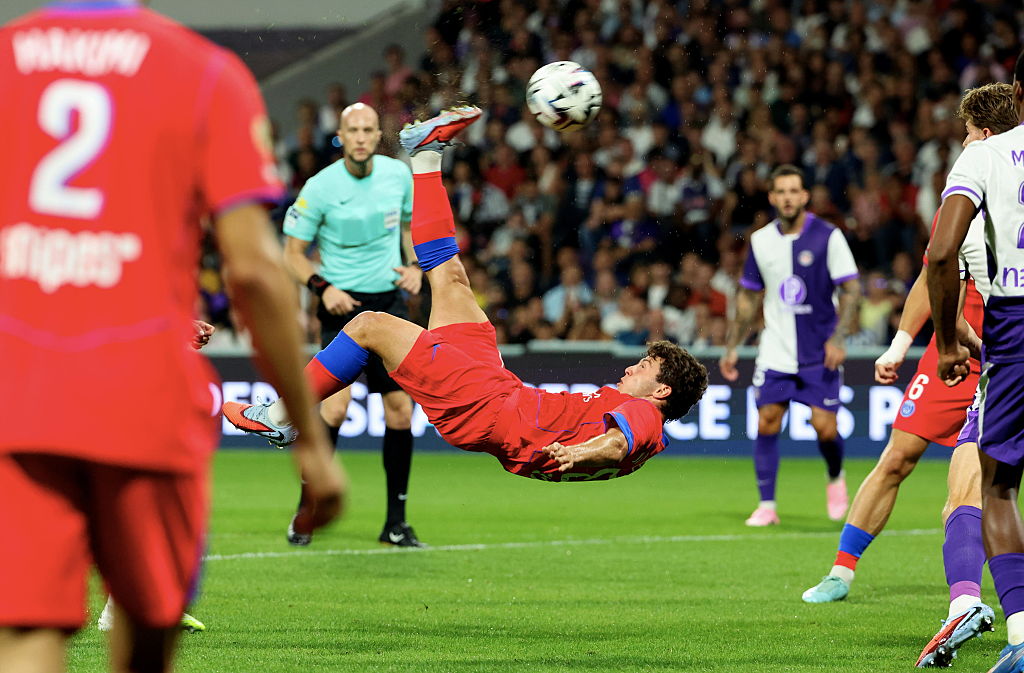
Blatter also criticised penalty shootouts, suggesting that, in a team sport, it was wrong to use a system which turned one player into a scapegoat.
Last year two of FIFA's 24-man executive committee, Reynald Temarii and Amos Adamu, were suspended after allegations they had offered to sell their votes in the contest to host the 2018 and 2022 World Cups to undercover reporters from Britain's Sunday Times.
As a result, the pair missed December's vote in which FIFA chose Russia to host the 2018 tournament followed by Qatar in 2022.
"I will take care of it personally, to make sure that there is no corruption at FIFA," Blatter said in an interview with the Swiss newspaper SonntagsZeitung. "This committee will strengthen our credibility and give us a new image in terms of transparency."
He said the committee would consist of seven to nine members "not only from sport but from politics, finance, business and culture", although Blatter would not be on the committee himself.
NEW SOLUTION?
"The committee must be independent to guarantee maximum credibility," he said. "I want to present this committee to the FIFA Congress here in Zurich at the start of June."
The best features, fun and footballing quizzes, straight to your inbox every week.
FIFA already has an ethics committee which dealt with last year's case in which four other officials were also suspended.
Blatter, who stands for re-election in June, said he had never thought about resigning as FIFA was rocked by last year's allegations.
"Not for a single moment have I thought, I must now go," he said. "I'm staying for longer. But I need a lot of strength, to endure the fierce criticism against me."
Blatter then suggested that penalty shootouts were not the best way of settling drawn matches at major tournaments.
"The discussion which is still going on is that, in a team sport such as football, we should try and find a solution in which the team as a unit generates the final result," he said.
"Not something such as a penalty shootout, where one single person becomes a scapegoat and is made responsible for what happened."
Blatter said that finding a new method to decide drawn matches was the job of the task force which has been set up to suggest changes that to the game in time for the 2014 World Cup.
Blatter had previously suggested a more prominent role for penalty shootouts, saying they could be used to find a winner in group matches at the World Cup and that drawn knockout games could go straight to penalties without extra time being played.
